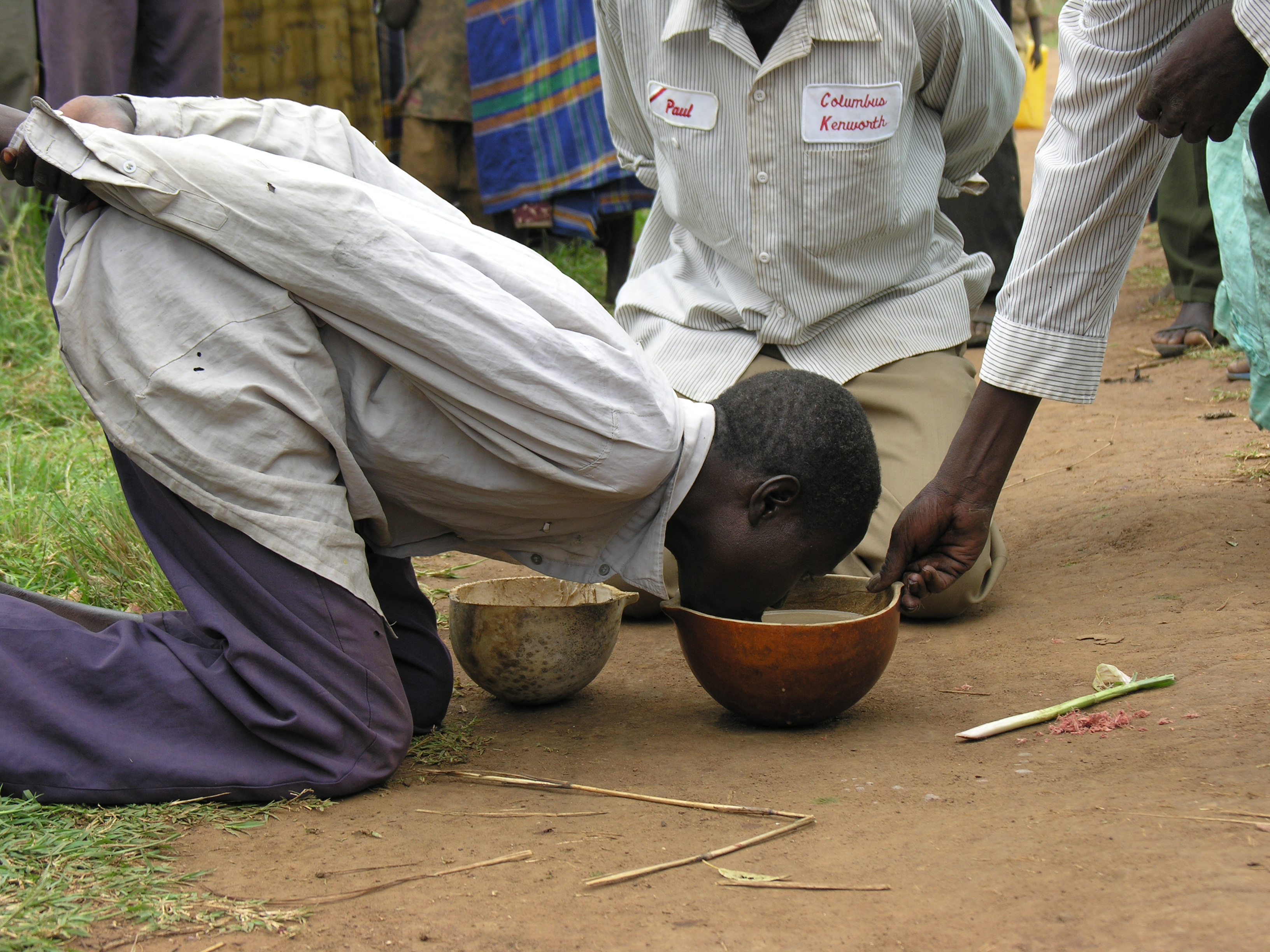Today marks the beginning of regular posts from JRP team leaders. This was written by Documentation Team Leader, Lino Owor Ogora. For comments or questions related to the post, please email ogoralino(at)gmail.com or follow the instructions at the bottom of the post.
——————————————————–

Today I am concluding a regional consultation organized by the Northern Uganda Transitional Justice Working Group (NUTJWG) on traditional justice in northern Uganda. The consultations were held in the four sub-regions of Teso, Lango, West Nile, and Acholi.
Since the Juba Peace Talks were held between 2006 and 2008, northern Uganda has grappled with the question of how to use alternative justice mechanisms, and in particular traditional justice, for reconciliation and accountability. However, almost four years after the close of these talks, questions remain pending around traditional justice that are not answered. They include questions such as the following:
- How should traditional justice and formal justice mechanisms complement each other?
- How should accountability be pursued within traditional justice mechanisms? Or are traditional justice mechanisms punitive enough?
- What is the role of women?
- How can capacity of traditional institutions be built to handle traditional justice mechanisms?
- How can traditional justice mechanisms be funded?
If anyone has answers to some of these questions or wishes to engage in a discussion on the role of traditional justice, leave a comment on the JRP Facebook page or tweet to us on Twitter at @JRP_Uganda using the hashtag #traditionaljustice.
